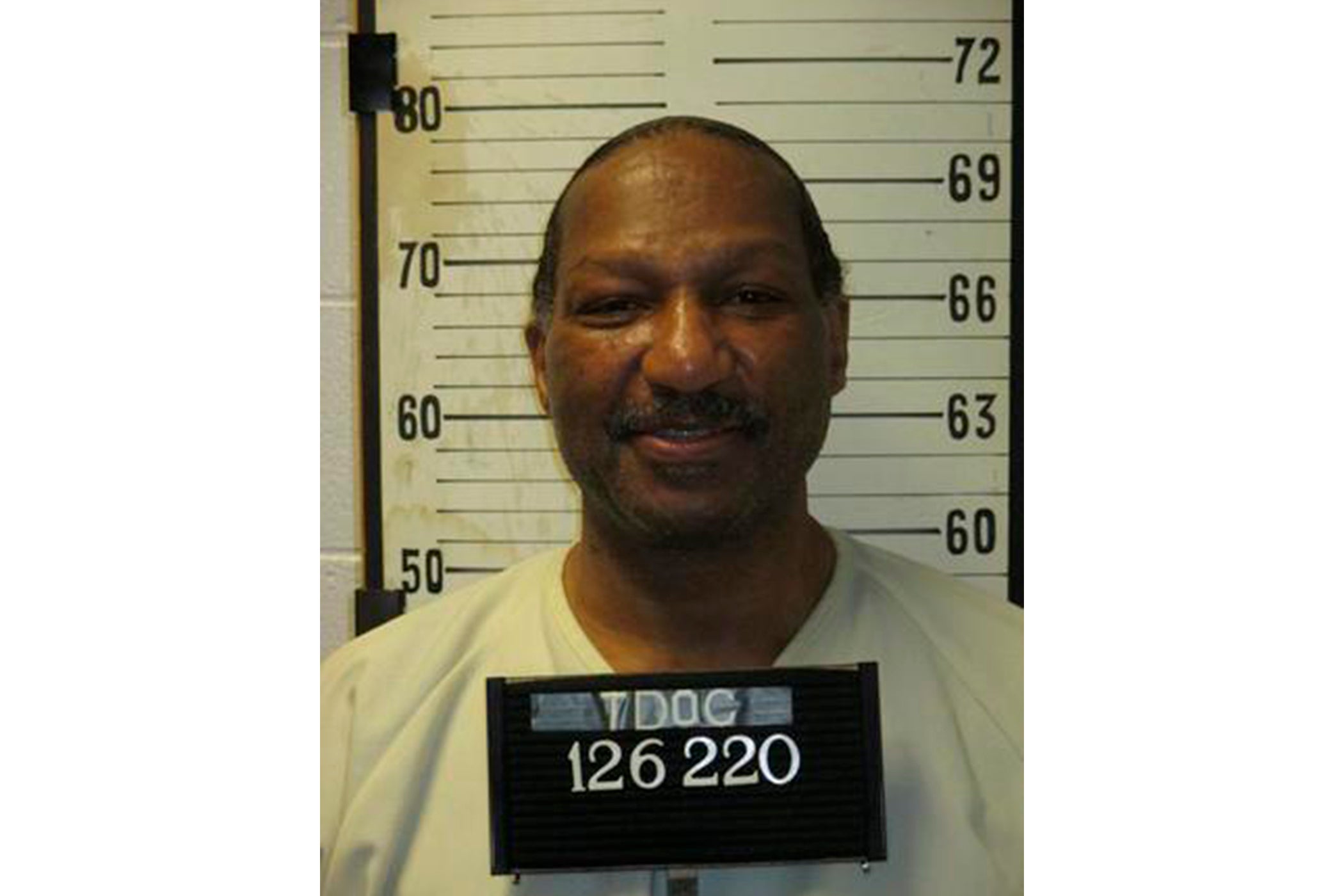Tennessee death row inmate with pacemaker can be executed despite likelihood heart device will prolong suffering: court

A ruling in the Supreme Court of Tennessee has cleared the way for an elderly death row inmate with a severe intellectual disability to be executed next week, despite confusion over how officials will respond to a lower court’s finding that the lethal injection process could set off a prolonged response from his cardiac device and lead to a “tortuous” death.
“Unless the governor grants a reprieve or we get review from the Supreme Court, the state of Tennessee will torture my client to death next week,” Kelley Henry, the man’s public defender, told The Washington Post.
Byron Black, 68, is slated to be executed on Tuesday for the 1988 murders of his then-girlfriend Angela Clay and her two young daughters, Latoya and Lakeisha.
The wheelchair-bound Tennessee inmate has a host of serious medical challenges, including dementia and what his lawyers say is a severe intellectual disability, as well as an implanted cardiac device.
The 68-year-old had petitioned lower courts in Tennessee to have the device removed before his lethal injection, arguing that without this intervention, the process could cause the heart device to deliver painful electric shocks, violating the constitutional prohibition against cruel and unusual punishment.

A lower Tennessee court sided with Black and told state officials to arrange for a qualified medical expert to deactivate the device the morning of the execution, prompting a challenge from Tennessee.
On Thursday, the state’s high court sided with the government, finding that the lower court exceeded its authority by placing excessive conditions on the logistics of the execution, vacating an injunction that had paused the lethal injection.
Further complicating matters, Nashville General Hospital, which manages Black’s medical care, this week denied claims from state officials it will be responsible for deactivating his heart device.
“Our contract with the correctional healthcare provider is to support the ongoing medical care of its patients,” Nashville General Hospital spokesperson Cathy Poole told The Associated Press. “This request is well outside of that agreement and would also require cooperation with several other entities, all of which have indicated they are unwilling to participate.”
Black’s attorneys immediately sought a stay after the state supreme court’s decision, and the Tennessee inmate could still get relief if the governor’s office commutes his sentence, or if the U.S. Supreme Court takes up an appeal.
Black’s lawyers, in their federal appeal, argue that he has a severe intellectual disability, with an IQ below 70, and that he would be ineligible for the death penalty if he were convicted today. State law also allows prisoners to challenge their death sentences on intellectual disability grounds, though Black exhausted his chance at a state appeal in 2004, 18 years before the state eventually recognized him as intellectually disabled.
“Here we have an individual who by everyone’s evaluation is someone who is intellectually disabled,” Robin Maher, executive director of the Death Penalty Information Center, told The Tennessean. “He’s in a wheelchair. He’s 69 years old and suffering from dementia and a number of other physical ailments. This isn’t the image that most people have when we think about who we are reserving for the death penalty.”
“This is exactly the kind of situation for which clemency was created,” she added.
The Independent has contacted the state department of corrections, as well as the governor and attorney general’s office of Tennessee for comment.
Black has reportedly selected his last meal in case the execution goes forward, choosing pizza with mushrooms and sausage, donuts, and butter pecan ice cream.
The 68-year-old is a member of a lawsuit challenging the state’s lethal injection process, though a trial doesn’t start until 2026.
Tennessee resumed executions this year after nearly five years on hiatus, thanks to a pandemic-era pause, then a finding that it had been failing to follow its lethal injection protocol.
